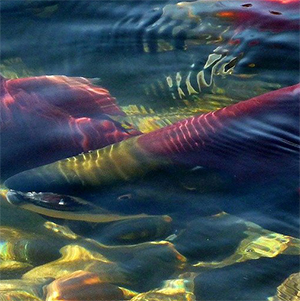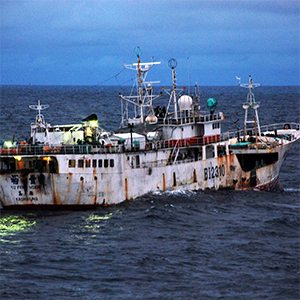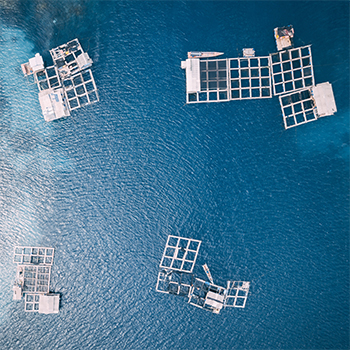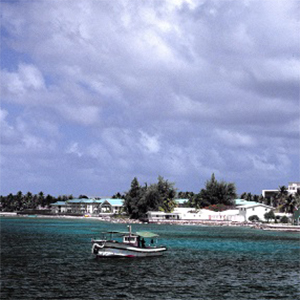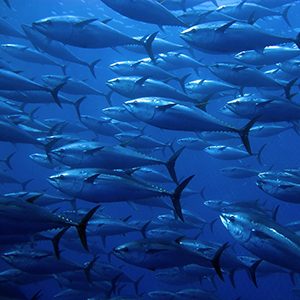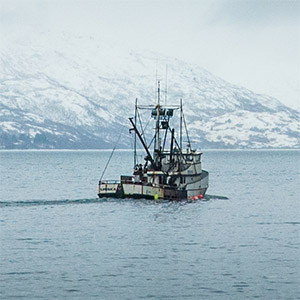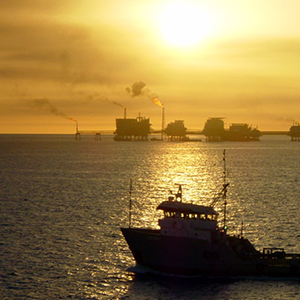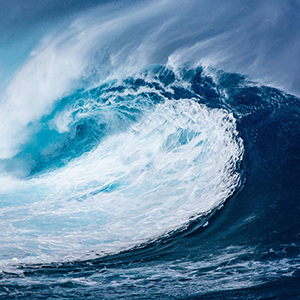Return of ‘the Blob’ could intensify climate change impacts on Northeast Pacific fisheries
A large marine heatwave would double the rate of the climate change impacts on fisheries species in the northeast Pacific by 2050
Billions lost as illicit fisheries trade hurting nations who can afford it least
Eight to 14 million tonnes of unreported fish catches are traded illicitly every year, costing the legitimate market between $9 and $17 billion in trade each year.
Climate change-threatened Marshall Islands under-reporting fisheries stats
A new study by Sea Around Us found that total marine fisheries catches were 27% higher over the last 60 years than the data officially reported by the FAO on behalf of the Marshall Islands
Colette Wabnitz is co-Guest Editor of Marine Policy Special Issue on Ocean Finance
She, with Robert Blasiak (Stockholm Resilience Centre), are guest editors of the issue, and also wrote about how funding for ocean conservation and sustainable fisheries is rapidly changing and evolving beyond official traditional assistance (ODA) and philanthropy.
How sustainable is tuna? New global catch database exposes dangerous fishing trends
Are our current tuna fishing habits sustainable? Probably not, according to a new global database of tuna catches developed by Sea Around Us
Rapidly changing Arctic fisheries potential requires comprehensive management
Unmitigated climate change could net fisheries in the Arctic 37 times more fish than current annual catch amounts by the end of the century
New technology allows fleets to double fishing capacity — and deplete fish stocks faster
Mechanisms such as GPS, fishfinders, echo-sounders or acoustic cameras, has led to an average 2% yearly increase in boats’ capacity to capture fish
Q&A with Daniel Pauly of Sea Around Us
For World Oceans Day 2019, we sat down with Dr. Pauly and ask him a little bit about Sea Around Us and what he hopes to achieve with his work.
The role of power and politics in shaping our oceans and coasts
IOF researcher Nathan Bennett explored how the oceans are shaped by power and politics, narratives and knowledge, scale and history, and environmental justice and equity.
